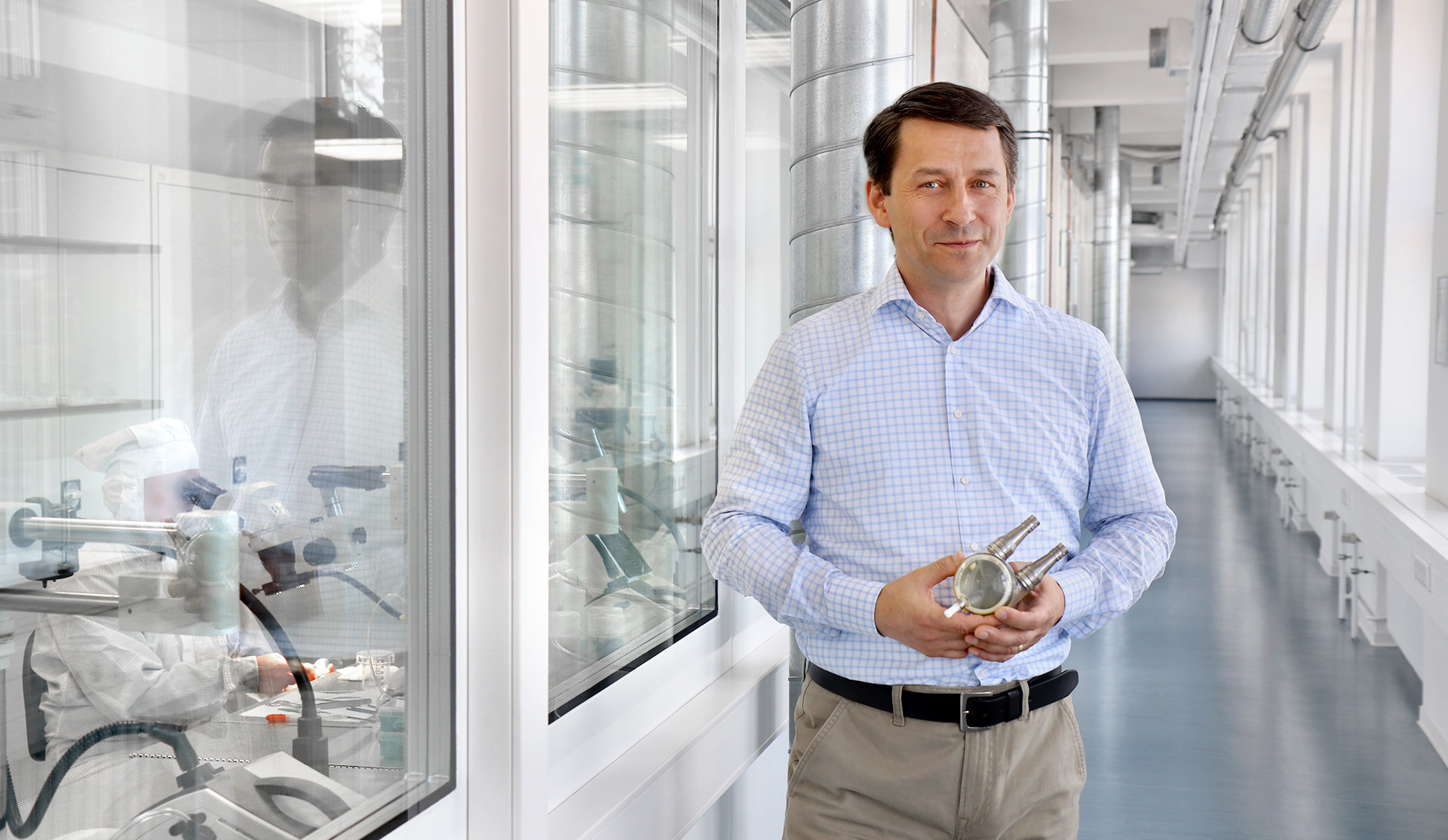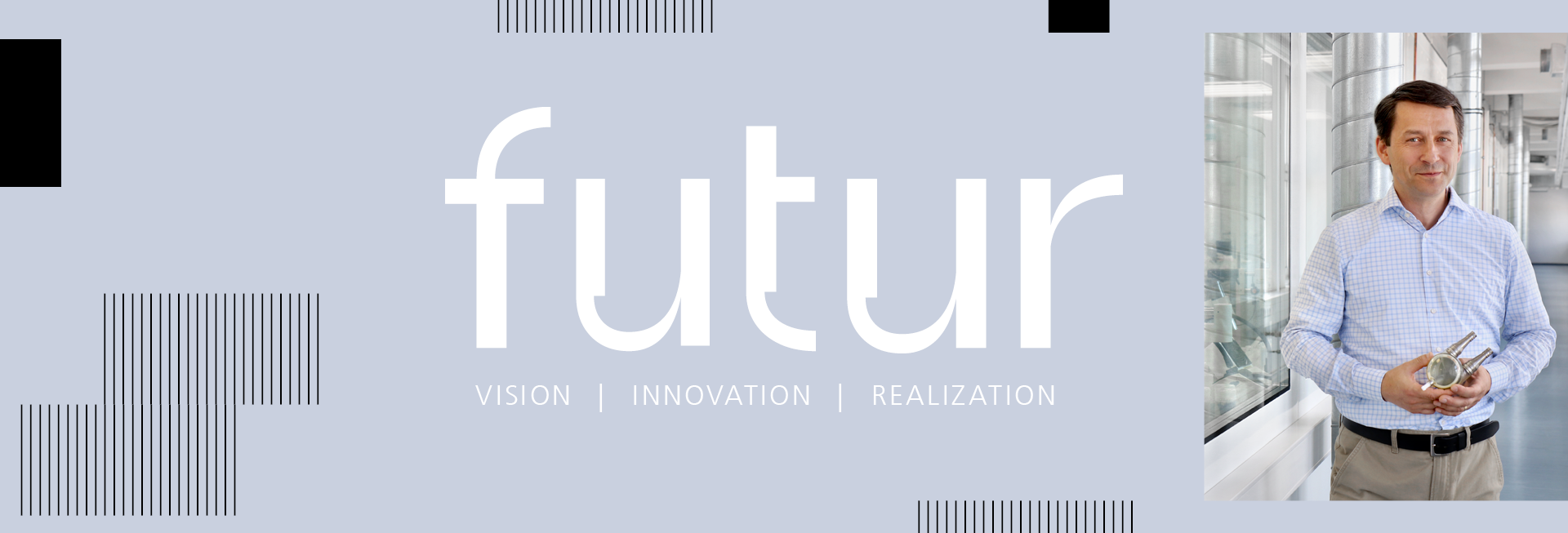Medical Devices in Manufactory-based Small-batch Production
Challenge or dilemma?
In light of increasingly stringent requirements for medical devices, in particular as a result of the implementation of the EU Medical Device Regulation (MDR), the situation for manufacturers and distributors of medical devices in Germany and Europe is growing increasingly complex and cost-intensive.
Medical devices have become such an essential and well-integrated part of our everyday lives that it is practically impossible to imagine adequate healthcare without them. From a simple band aid to artificial tissue substitutes, from Covid-19 rapid tests to sophisticated diagnostic procedures, and from dental fillings to artificial organs, there is almost no part of the human body for which there is not some kind of medical product.
These apparently simple products belie what are usually complex functions, hidden in a multi-layered interaction between the technical system itself and the human biological system. This results in what are sometimes highly elaborate development processes, as well as increasingly complex approval processes. Comparable to the approval of pharmaceuticals, such processes can sometimes take years, if not a decade. This therefore raises the question of whether further innovations are at all possible or even financially viable once a lengthy approval has been obtained.
The other aspect when considering a medical device is the human being as an individual. A person is characterized in particular by his or her diverse set of abilities and skills – each in his or her own individual way. Which begs the question: Are standardized therapies at all applicable, when customized, individualized medical devices and therapies actually have a better chance of success? Of course, many established procedures can be applied when the corresponding symptoms present themselves, but it would be fatal to regard the human body as conforming to a set standard.
In an era of modern, agile and globally networked production and information systems and the increasing integration of 3D printing methods into production processes, it should be possible to realize individual solutions for every single patient. In the bigger picture, the technical challenges and the medical proof-of-concept are currently the smaller hurdles to overcome. The primary challenge is to address patient individuality and its demands in the context of an increasingly regulated and, in some cases, over-regulated approval environment. The revised EU Medical Device Regulation (MDR) currently provides little to no leeway for considering or even implementing individual patient solutions as the norm.
This is precisely where the challenge for the coming years lies. It should be possible to create custom solutions for patients, far removed from modular systems containing standardized components. The basis for this is not only valid manufacturing processes or, alternatively, purely manufactory- based small-batch productions, which in turn possess a maximum degree of freedom, but also all peripheral process chains for information processing, approval, clinical documentation and, ultimately, data security as well. Such an interdisciplinary approach not only holds the opportunity for large-scale production of mass products, but also for the best possible and tailored individual patient care.
Dr.-Ing. Philip Elsner

studied mechanical engineering at the Technical University of Berlin and received his doctorate at Fraunhofer IPK in 2009. His thesis was on the 3D printing of graded material properties. To this day, his professional career continues to be characterized by looking beyond the boundaries of the conventional and constantly seeking new ways to make production in Germany innovative and attractive.
Dr. Elsner has been with Berlin Heart GmbH since 2007, where he initially headed the Process Engineering department. The company develops, produces, and markets innovative systems for mechanical circulatory support. Since 2017, he has also been responsible for the overall production of sterile products and drive units as the division director. »The particular challenges in our day-today production lie in meeting the constantly increasing requirements for medical products in manufactory-based small-batch productions,« says Elsner. »True to our motto: Innovative medical products, by people for people.«
 Fraunhofer Institute for Production Systems and Design Technology
Fraunhofer Institute for Production Systems and Design Technology